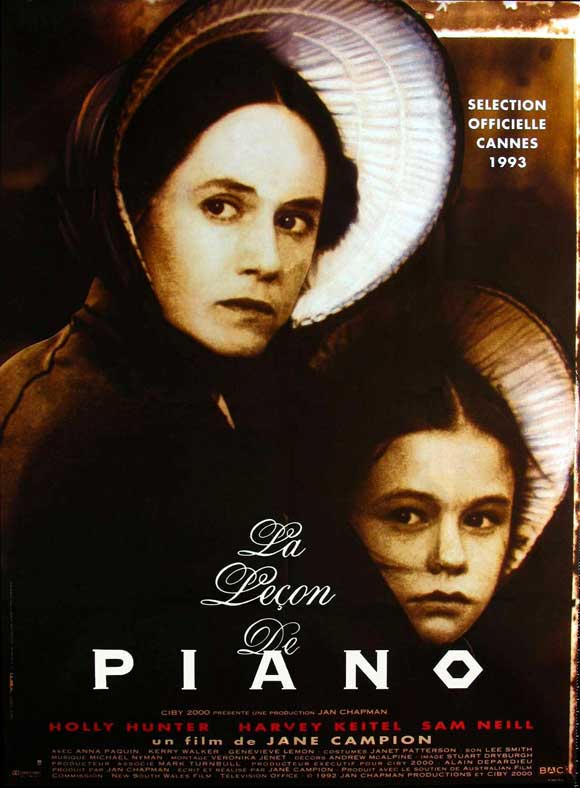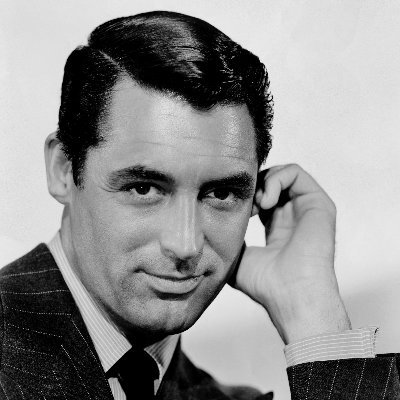
- Starring
- Holly Hunter, Harvey Keitel, Sam Neill
- Writer
- Jane Campion
- Director
- Jane Campion
- Rating
- R (United States)
- Running Time
- 121 minutes
Overall Score
Rating Summary
Set in the mid-19th century, The Piano follows a psychologically mute woman named Ada McGrath (Hunter) who travels to a remote part of New Zealand with her daughter Flora (Anna Paquin) after her arranged marriage to a frontiersman named Alisdair Stewart (Neill). She also has an affair with Stewart’s friend George Baines (Keitel)
If The Piano is about anything, it is about passion, or moreso the struggle of not knowing what to do with it, or how to react to it in a way that feels appropriate or, for lack of a better term, right. So much of the film takes place on the New Zealand beaches and woods, using naturalism and ruggedness in its most evocative form. At times, during moments like sex scenes it almost feel erotic, but something always felt off; this relationship isn’t right and there is a tension in waiting for the moment it reaches its breaking point. Ada hasn’t spoken since she was six years old for reasons unknown therefore she communicates through her piano and has her daughter as her interpreter. A big part of the film is Ada losing her main source of communication and having to turn to other modes of communication. Campion balances these passions, showing us every barely-contained emotion from the men, the added responsibility and parent-child reversal that Flora carries, and especially Ada’s struggle to convey emotions properly.
Meanwhile, Ada can sometimes feel a little frustrating as a character in terms of how the film presents her and requires her to react throughout, such as when her finger is cut off by Alisdair, but there is a palpable sense of a barrier between her and the rest of the world that isn’t easily resolved. Struggling personally with similar issues that remain to this day, a character like Ada brought upon feelings of relief.
The performances within The Piano add to this delicately handled uneasiness. Ada McGrath is such a difficult character on paper due to her frequent blankness, but Hunter gives her a steely reserve and allows viewers to question what is going on through her mind without coming off too closed-off. She shows a certain level of impatience through facial expressions and forceful sign language. The roles of Alisdair and George as the ‘bad love interest vs good love interest’ of sorts does feel like sort of a cliché, but Neill and Keitel do play their roles well enough, showing the respective toxicity and understanding needed to make those roles work. But the real star is Paquin who has to convince of the burden of responsibility, added maturity, and resourcefulness that comes with being guardian figure to her character’s own mother, and she always feels authentic doing so, displaying a natural keen eye for details in her performance that keep you thinking.
So much of The Piano is dependent on its visual and sonic language, and as one might naturally expect from a film revolving so much around its titular instrument, there is a beautiful score permeating everything courtesy of Michael Nyman. The main motif is haunting and stays with you for a long time. Stuart Dryburgh’s cinematography is full of blue hues and makes you feel like you’re in the midst of a rainy, cold morning in the woods or being swept by salty, chilly wind on the beach. The sets and costumes also feel amazingly accurate and befitting of this movie’s premise, as does the time period.
The Piano is highly recommended for any viewers looking to see a great piece of modern sensual cinematic art. It’s not always the easiest to get into emotionally, but you’ll be left with a lot to think about after watching it.
still courtesy of Miramax
Follow me on Twitter, Instagram, and Letterboxd.
If you liked this, please read our other reviews here and don’t forget to follow us on Twitter or Instagram or like us on Facebook.
Discover more from
Subscribe to get the latest posts sent to your email.

